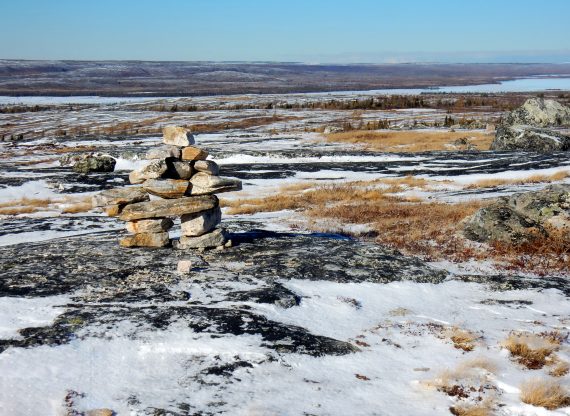Northern Quebec: Settlement for Settlement’s Sake

Quebec Premier François Legault is revisiting the proposal he first mentioned a year ago to encourage the settlement of northern Quebec. In support of this proposal to “occupy the land,” he argues, “You don’t build a strong society with people who are constantly coming and going. I don’t like this commuting, this fly-in, fly-out business.” With $100 million allocated for the construction of over 300 houses or housing units—or some $330,000 per dwelling—taxpayers would take on the risk of falling real estate values for the benefit of owners.
This is an informal initiative like many others suggested by governments to burnish a tarnished economic image. The project brings to mind worksites, cranes, noisy engines. It keeps the economy rolling, so it must be a good thing… But like a washing machine that’s washing nothing but its own water, it’s hard to see the point. The question to ask is: What for? Moreover, could there be a downside to artificially encouraging Quebecers to settle in the north of the province? Of course there could. For example, the cost of public services like health care and child care is invariably higher for the government in remote regions and, lacking adequate resources, of lesser quality than in urban regions. The climate in the far north is also less agreeable, and the low population density entails a higher ecological footprint per capita.
If we just let workers decide naturally to move to these regions and stay there, it will happen without provincial and federal government funding, as is already the case with the IAMGOLD mine in the village of Gogama, in Ontario, 191 km north of Sudbury. Having said that, there are certain regions that human beings simply prefer not to inhabit, and if the government wants to encourage immigration there, it will also have to discourage emigration in perpetuity. Yet this is impossible, as can be seen by the thousands of ghost towns scattered around the world. The government should not be playing Sims with Quebecers’ lives and pocketbooks.

